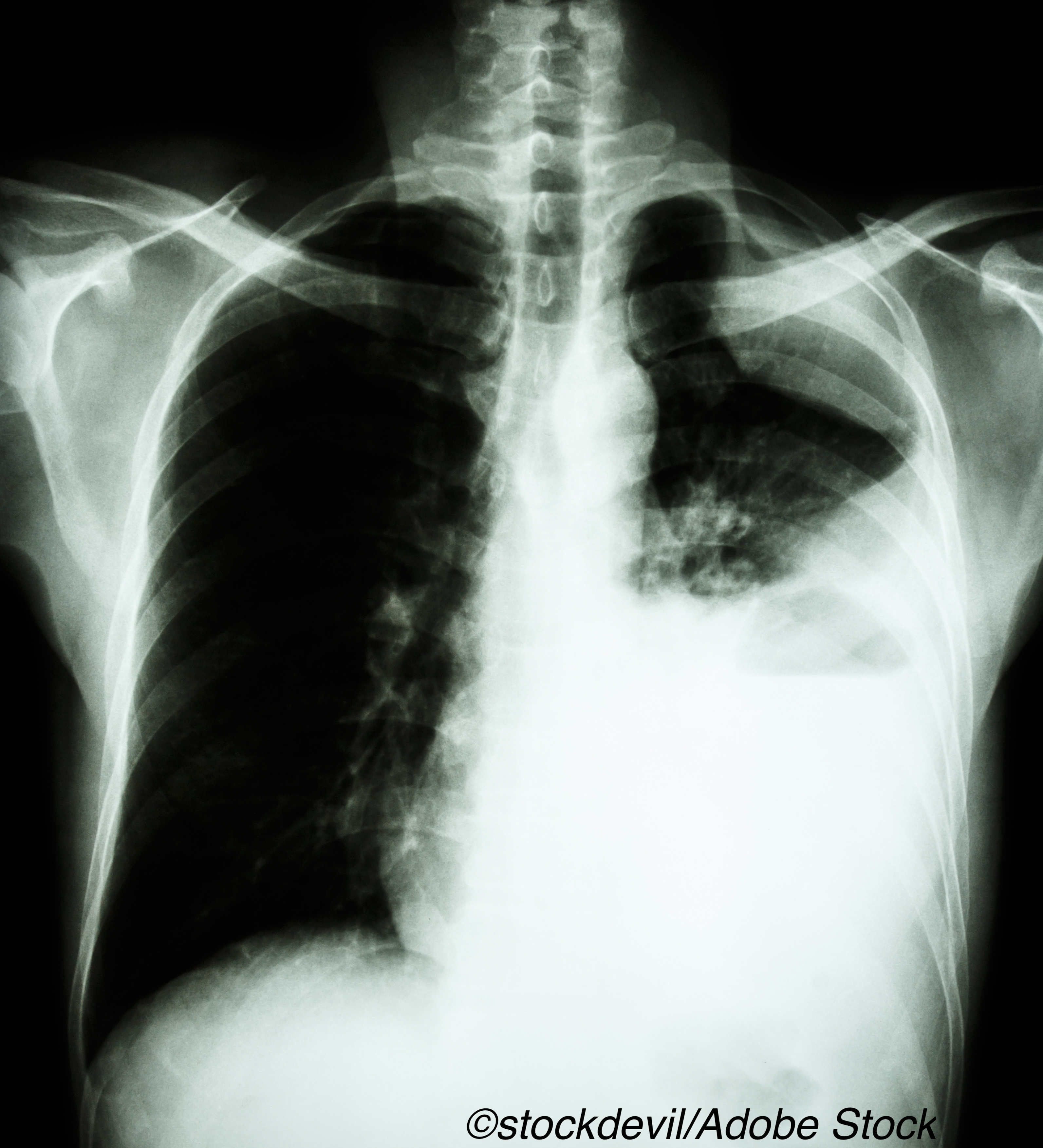 WASHINGTON — The FDA approved oral pralsetinib (Gavreto) to treat adults with metastatic rearranged during transfection (RET) fusion-positive non-small cell lung cancer (NSCLC), as detected by an FDA approved test.
WASHINGTON — The FDA approved oral pralsetinib (Gavreto) to treat adults with metastatic rearranged during transfection (RET) fusion-positive non-small cell lung cancer (NSCLC), as detected by an FDA approved test.
The drug, a kinase inhibitor taken as a once-a-day, 400 mg oral capsule, was granted Accelerated Approval based on the overall response rate and duration of response reported in the phase I/II ARROW study; however, continued approval for this indication relies on a confirmatory trial that can verify clinical benefit in this population. Pralsetinib is only available to patients who have metastatic NSCLC with RET fusions detected by the Oncomine Dx Target Test.
“RET-activating fusions and mutations are key disease drivers in many cancer types, including NSCLC and medullary thyroid cancer (MTC), and treatment options that selectively target these genetic alterations are limited,” the drug’s manufacturer, Roche, wrote in a company press release. “In NSCLC, RET fusions represent approximately 1-2% of patients.”
In the phase I/II, open-label, first-in-human ARROW study, the efficacy of oral pralsetinib was assessed in 114 patients — 87 of whom had previously received platinum chemotherapy, and 27 of whom were treatment naive. “[Pralsetinib] demonstrated an overall response rate (ORR) of 57% (95% CI: 46%, 68%) and complete response (CR) rate of 5.7% in the 87 people with NSCLC previously treated with platinum-based chemotherapy, and the median duration of response (DoR) was not reached (95% CI: 15.2 months, not reached). In the 27 people with treatment-naïve NSCLC, the ORR was 70% (95% CI: 50%, 86%), with an 11% CR rate.”
The most common adverse reactions associated with oral pralsetinib, presenting in more than 25% of trial participants, were fatigue, constipation, musculoskeletal pain, and hypertension—the most common grade 3-4 laboratory abnormalities were decreased lymphocytes, decreased neutrophils, decreased phosphate, decreased hemoglobin, decreased sodium, decreased calcium, and increased alanine amniotransferase.
John McKenna, Associate Editor, BreakingMED™
Cat ID: 24
Topic ID: 78,24,730,24,192,65,925


